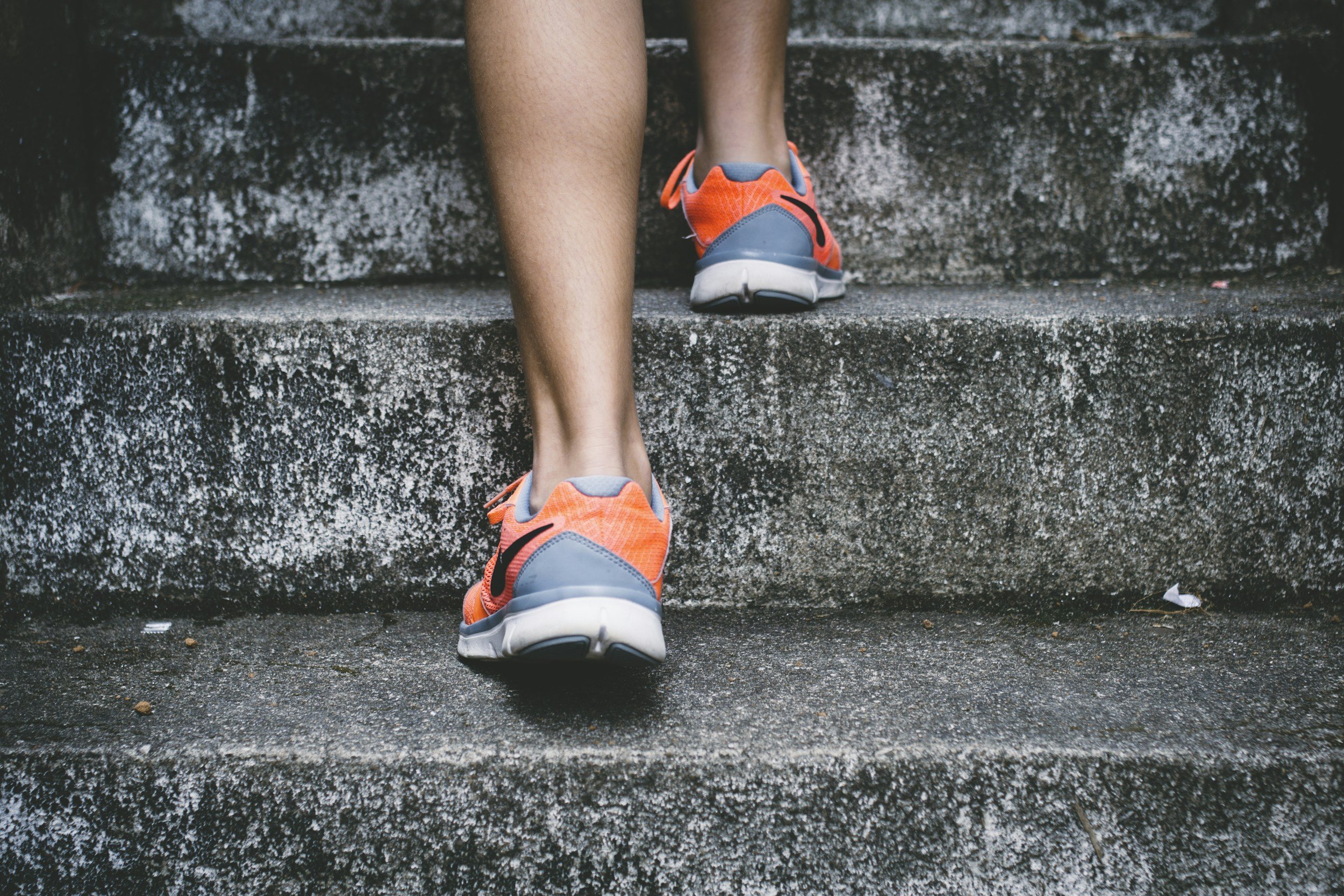Move Your Body, Free Your Mind: The Role of Exercise in Teen Mental Health
Being a teenager is not easy.
Between academic pressures, social changes, family expectations, and the constant pull of social media, it is no surprise that many teens today are feeling anxious, overwhelmed, and stressed. But what if one of the most powerful tools for managing mental health was already at your fingertips?
Exercise is one of the most effective and natural ways to support mental well-being.
And no, this does not mean training for a marathon or spending hours at the gym. We are talking about movement in all forms: dancing in your room, shooting hoops with friends, going on a walk, or joining a group fitness activity. The goal is not perfection or performance. The goal is to feel better in both your body and your mind.
Why Exercise Is a Game-Changer for Teen Mental Health
Exercise is not just about building muscle or improving endurance. It is a science-backed method to strengthen mental and emotional health.
Key Mental Health Benefits of Regular Physical Activity:
✦ Reduces Stress and Anxiety
Movement helps lower cortisol (the body’s stress hormone) and increases endorphins, natural chemicals that boost mood and act as painkillers.
✦ Improves Sleep
Physical activity helps regulate the body clock, making it easier to fall asleep and stay asleep—something many teens struggle with.
✦ Boosts Mood and Reduces Symptoms of Depression
Studies show that regular movement can be just as effective as medication for some people dealing with mild to moderate depression.
✦ Builds Confidence and Self-Esteem
Accomplishing goals, even small ones like completing a yoga session or going on a group hike, builds a sense of capability and worth.
✦ Enhances Focus and Academic Performance
Exercise increases blood flow to the brain, which can improve memory, attention, and creativity. This makes it easier to tackle homework or prepare for exams.
Group Exercise: Movement and Connection
While solo activities like jogging or following a YouTube workout can be helpful, group exercise adds an extra layer of benefit by building community and connection.
For teens, a sense of belonging is essential. Group movement helps combat isolation, build new friendships, and create positive routines.
Great Group Exercise Ideas for Teens:
✹ Group Fitness Classes – Zumba, HIIT, yoga, or spin at a local gym or community center.
✹ After-School Sports Teams – Basketball, volleyball, or cross country provide structure and peer support.
✹ Walking or Running Clubs – Low-pressure and inclusive, with a focus on fun rather than competition.
✹ Dance Classes – From hip-hop to modern dance, movement with music boosts mood and body awareness.
✹ Martial Arts – Builds discipline, confidence, and emotional control.
✹ Outdoor Adventures – Group hikes, nature walks, or bike rides provide exercise and calm.
Bonus Benefit: Group exercise creates a sense of purpose. Showing up for your team, your friends, or your club adds structure and motivation, especially on days when energy or mood is low.
“I’m Not Athletic—Can I Still Benefit?”
Absolutely. You do not need to be athletic or even enjoy traditional sports to gain the mental health benefits of exercise.
Here is the truth: movement is for every body. Whether you are walking your dog, stretching to music, or dancing in your room, if it gets you moving, it counts.
The key is to find something you enjoy. That enjoyment shifts exercise from a “should” to a “want,” making it sustainable and fun.
Tips to Get Started
If you are a teen (or the parent of a teen) looking to use exercise to boost mental health, here are a few ways to begin:
-
Even 10 minutes a day can make a difference.
-
Experiment until something feels right.
-
Exercising with others increases motivation and accountability.
-
Fitness apps, step trackers, and virtual challenges can keep things engaging.
-
Rest is also important. Listen to your body.
Counseling and Exercise: A Powerful Combo
Exercise is an amazing tool for emotional well-being, but it is not a cure-all. Sometimes, stress, anxiety, or depression can feel too big to manage alone—and that is okay.
At Reach Counseling, we believe in a holistic approach to mental health. That means looking at emotional, social, and physical wellness together. Whether you are navigating mood changes, struggling with school, or feeling disconnected, we are here to support you.
Let’s Move Through It Together
If you or a teen you care about is looking for ways to feel better, start with a step—literally. Go for a walk. Take a dance class. Try yoga with friends. The body and brain are connected, and even small changes can lead to big emotional shifts.
Need help getting started on your mental health journey? Reach out to us. We will meet you where you are with compassion, understanding, and support.
Let’s move our bodies, lift our minds, and grow stronger together.




